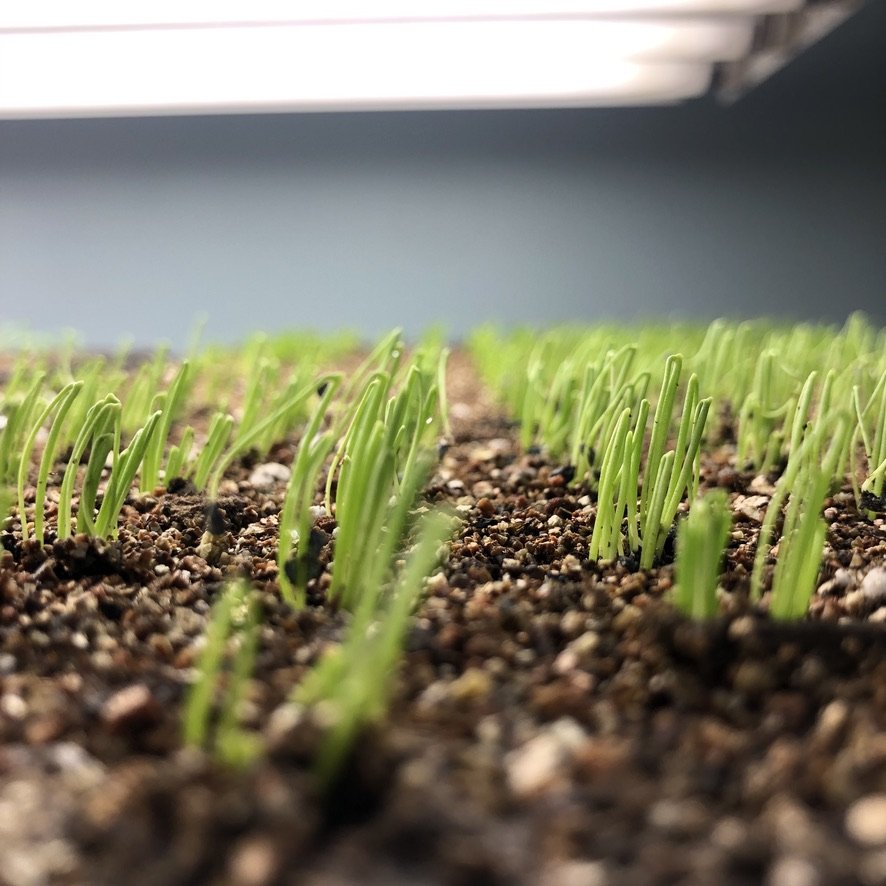
Blog
Deep dives into both timely and timeless food system topics

Introducing the 2025 New Hampshire Food & Agriculture Strategic
Join us, the NH Food Alliance, the NH Department of Agriculture, Markets, and Food, and all the people working across New Hampshire’s food system as we celebrate the official release of the 2025 New Hampshire Food and Agriculture Strategic Plan!
The plan exists both in print and as an interactive online platform, offering a wealth of information and recommendations for harnessing the power of collaboration to strengthen our food system.
Kearsarge Food Hub is honored to have contributed to the authoring of this Strategic Plan, alongside the expertise and guidance of hundreds of food system professionals.
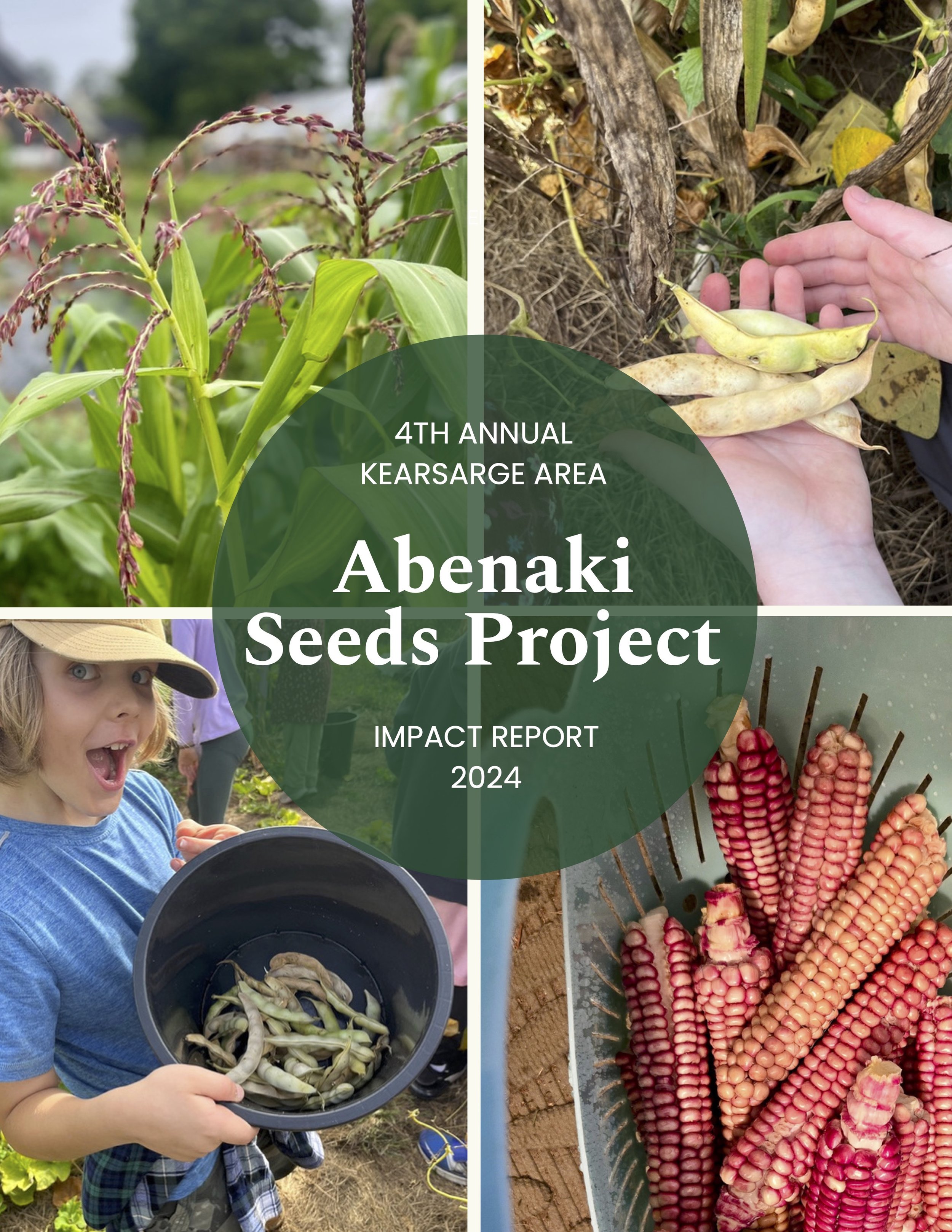
Abenaki Seeds Project Survey Results & Impact Report
In 2024, the Abenaki Seeds Project celebrated its 4th year in the Kearsarge Area, and the impact continues to deepen with each year.
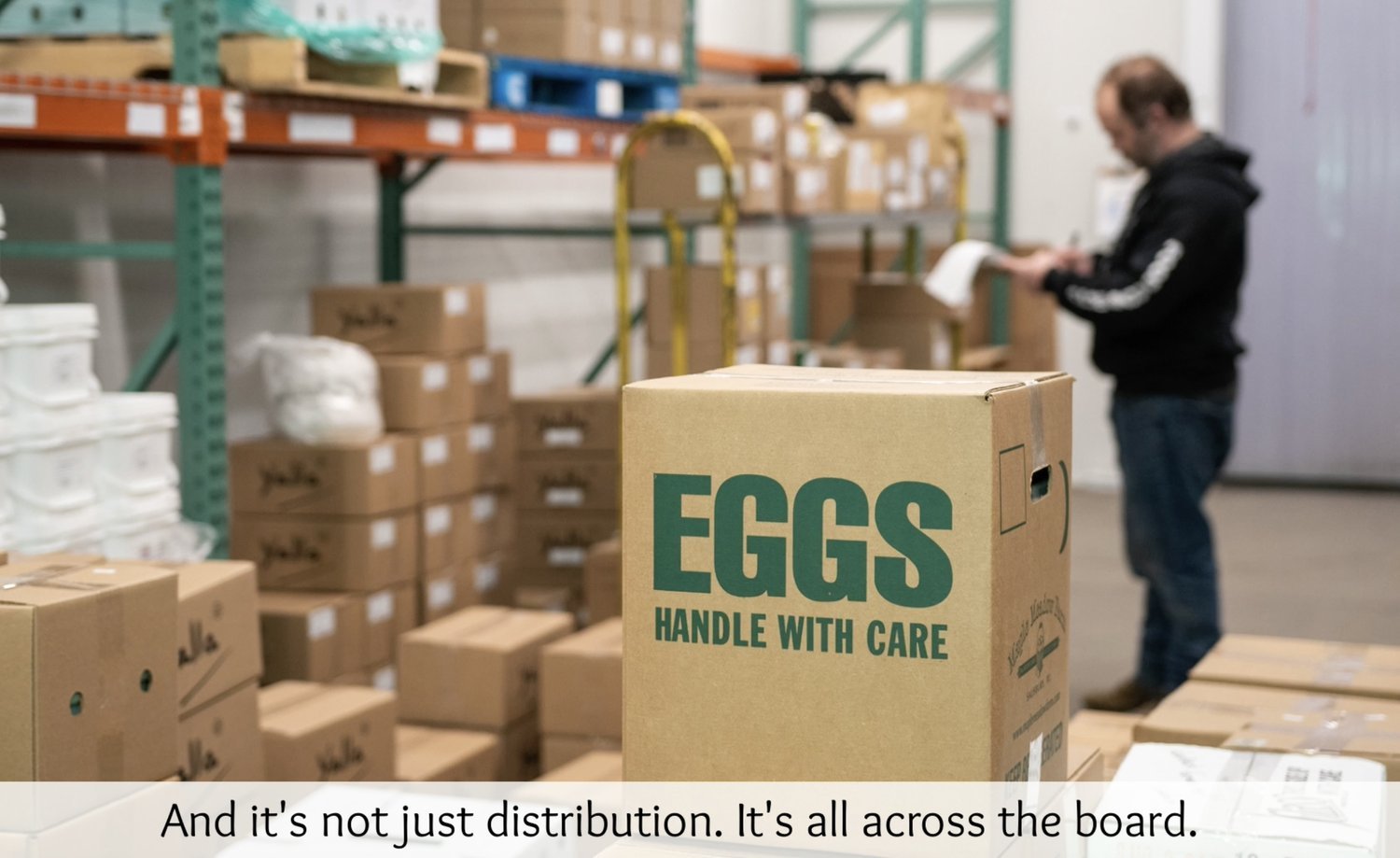
2024 Love Local: Rebuilding the Middle of the Food Supply Chain
The 4th Annual Love Local event here at the Kearsarge Food Hub focused on folks in the middle of the food chain.
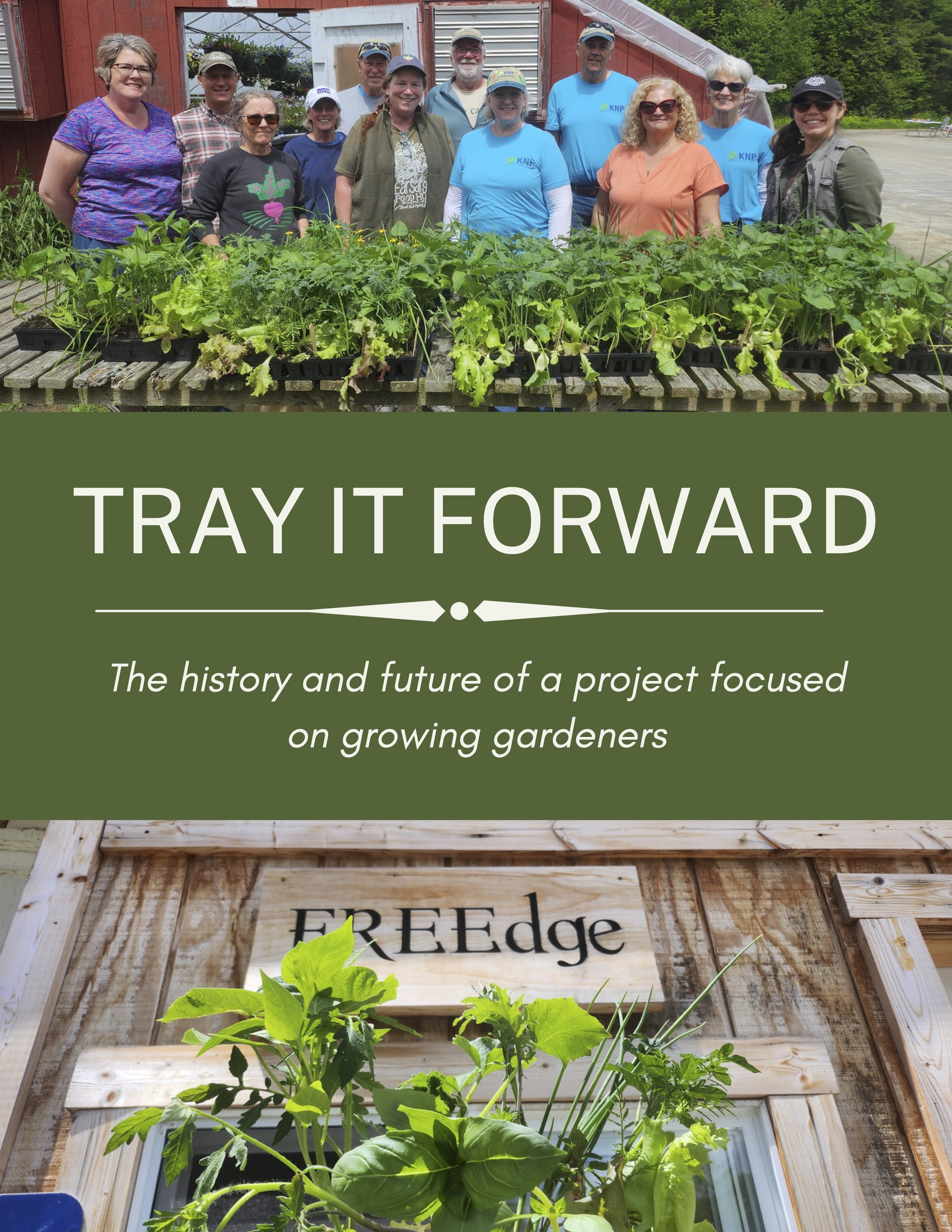
Tray it Forward Survey Results & Impact Report
Tray it Forward is a project that began in the spring of 2020 in response to the COVID-19 pandemic as a way to help folks grow their own food and connect around gardening.

Celebrating Indigenous People’s Day: The Seeds of Community Resilience!
As we observe Indigenous Peoples Day, we share our deepest gratitude to the Nulhegan Band of the Coosuk Abenaki Nation and their generous efforts sharing Indigenous heritage and knowledge with the community.

2023 Love Local: Meet Your Farmers + Makers Recap
2023 was a particularly challenging growing season for New England farmers and food producers, given the extreme weather events across the region and increasingly unpredictable weather patterns.
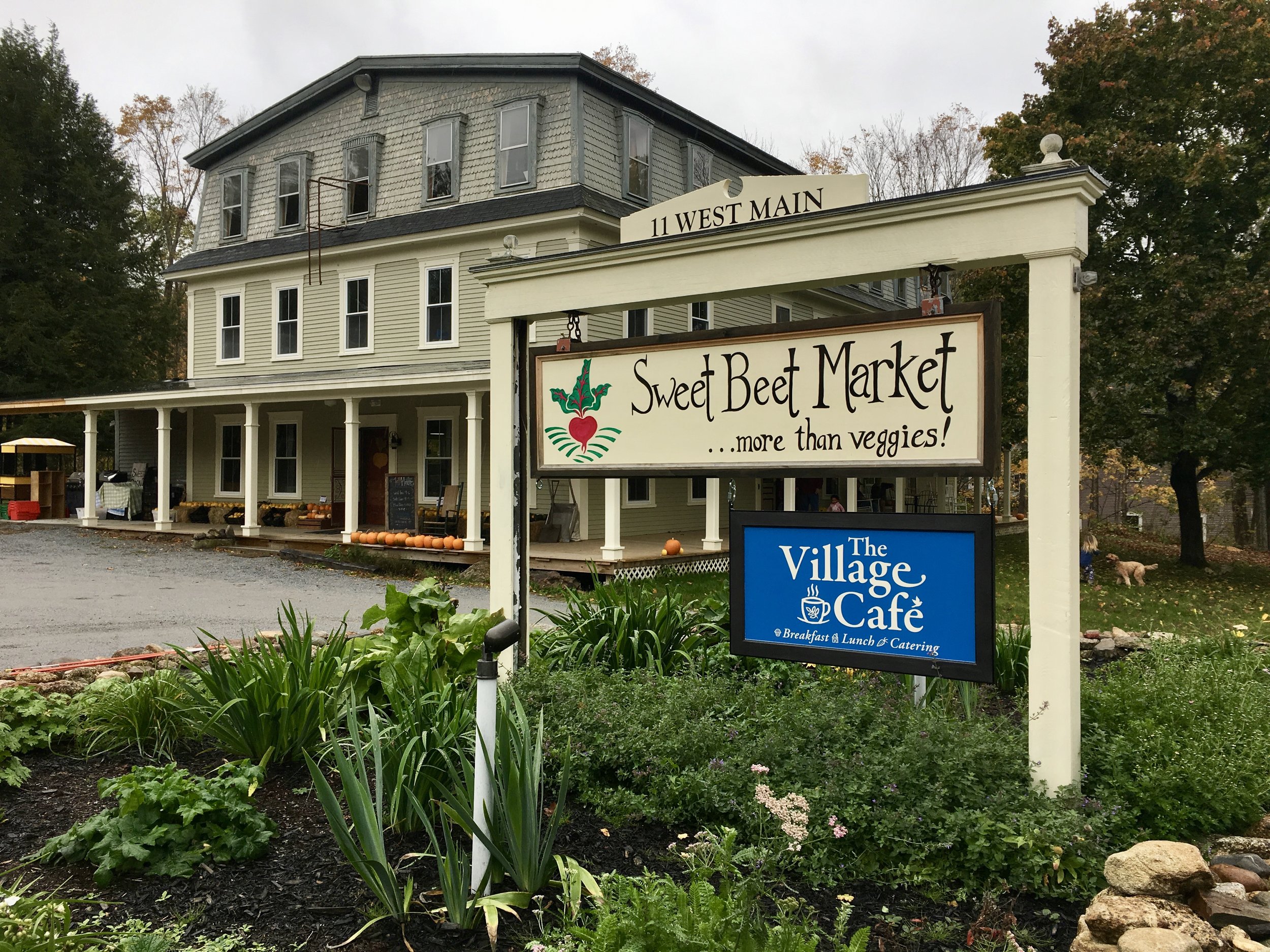
2024 Community Fair Slideshow
Dear community, thank you so much for an absolutely incredible 4th Annual Community Fair!
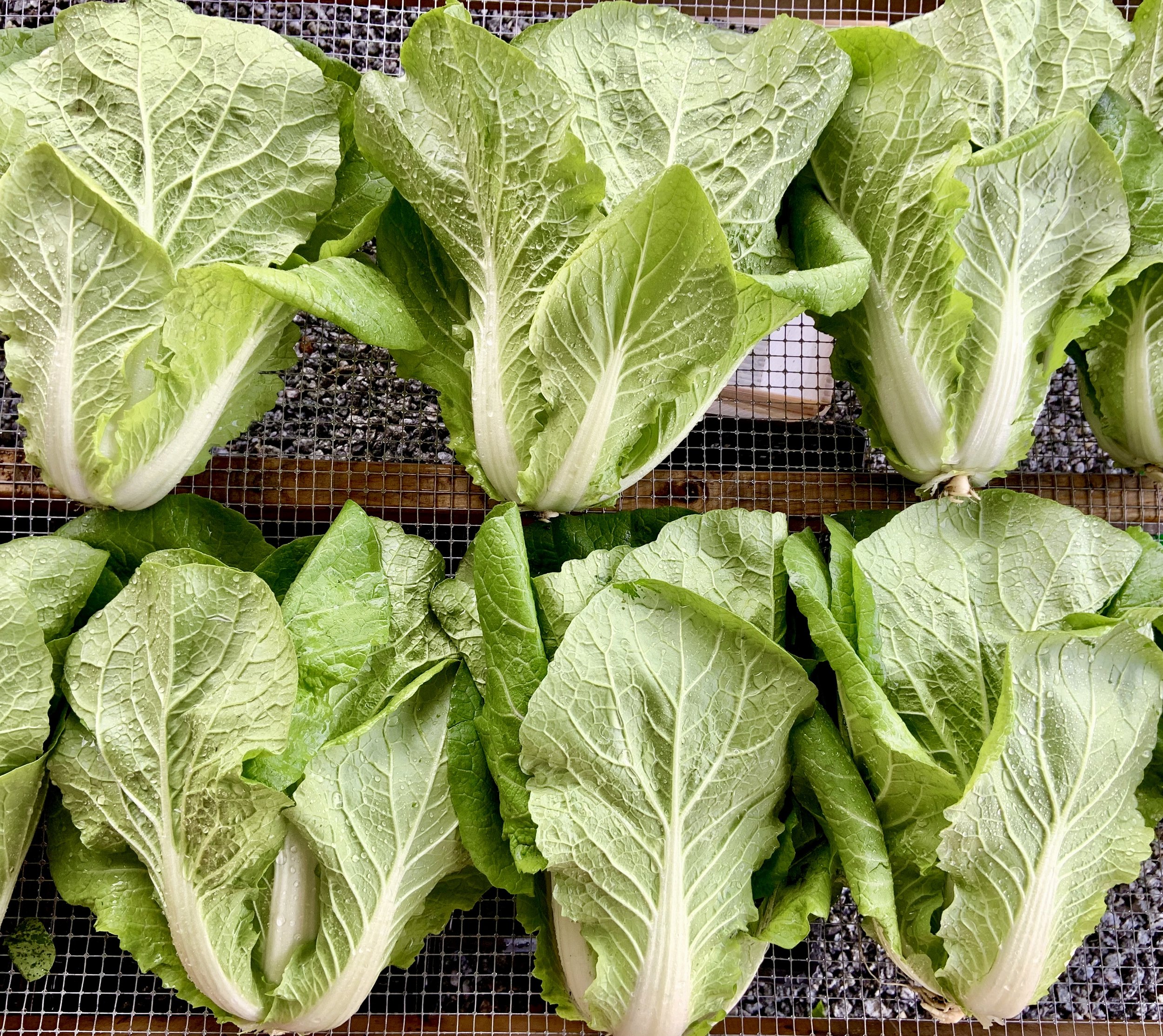
5 Awesome Reasons to Eat Local
When we support local food and farming operations, we are contributing to a more resilient and connected community where all neighbors are empowered to access healthy local food, local farmers are supported and the land is nourished, and all people share a common sense of place!

Why Flowers? Three benefits of adding blooms to your small farm
As the agricultural landscape continues to evolve, and pressure from industrial scale agriculture makes it increasingly difficult for small scale operations, small farm businesses are constantly seeking innovative ways to thrive and differentiate themselves.
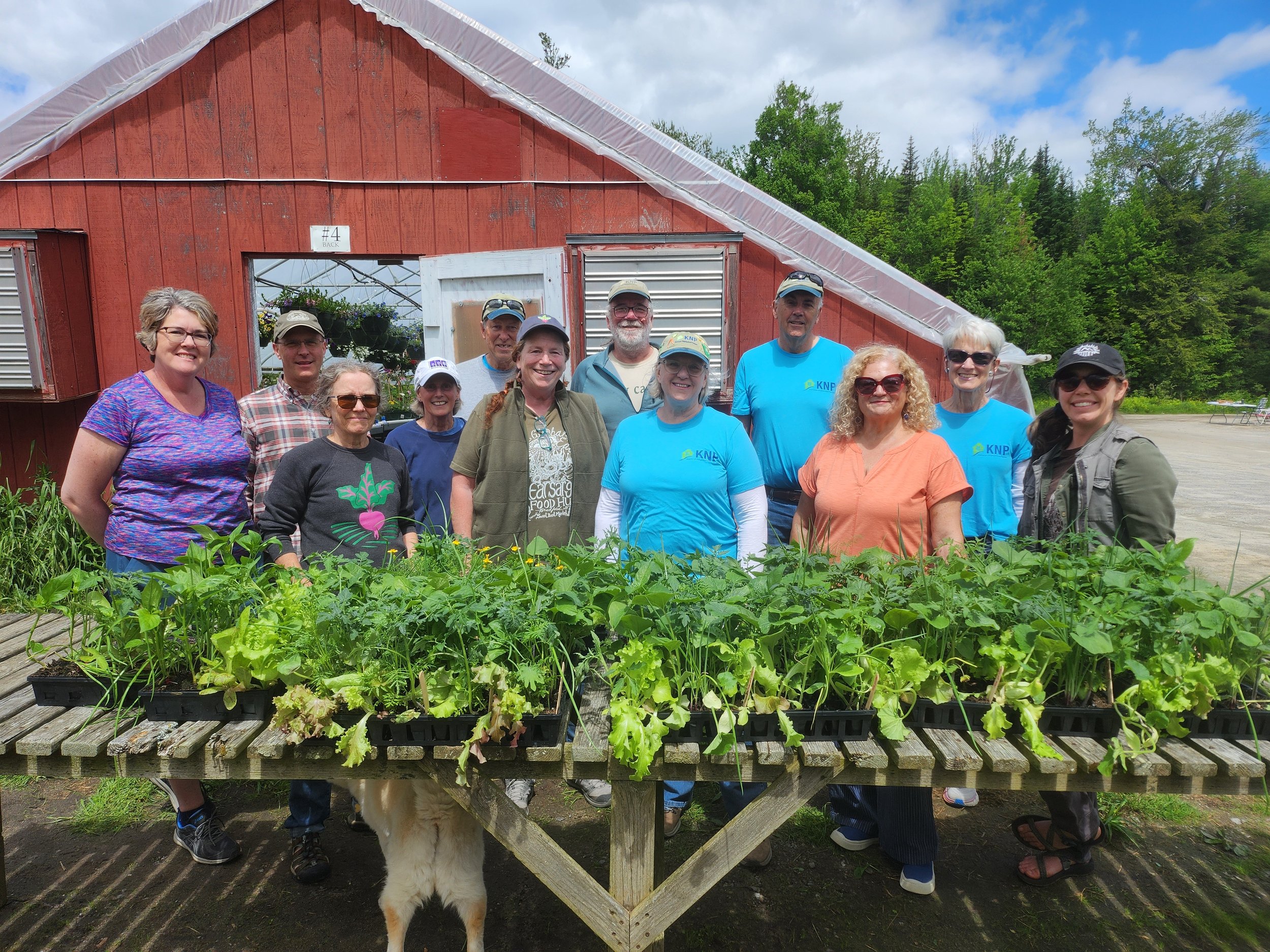
5th Annual Tray it Forward: Celebrating Half a Decade of Growing Gardeners
After half a decade of serving the surrounding community, it is a great time to take a stroll through memory lane and recount the growth (pun intended) of the Tray it Forward project!

Tasty Morsels: 2023 Highlights from the KFH Community
2023 was a rich, dynamic, and delightful year here at the Kearsarge Food Hub - thanks to you! As we move into a new year, grateful as ever to be in service and collaboration with you, we would love to take a moment and celebrate ten highlights from 2023.

3rd Annual Community Fair Reflections
Dearest community - thank you for a delightful and invigorating Community Fair on the Autumn Equinox! We had a positively wonderful time on the lawn of Sweet Beet celebrating local food, farms, and community with you.

4th Annual Tray it Forward: 8000 seedlings make their way to homes & community sites.
The Tray it Forward Program began in 2020 as a collaborative way to build community, share gardening education, and grow more food. This was really in response to the COVID pandemic and the struggles we were facing as a community, like difficulty accessing food and strained supply chains.
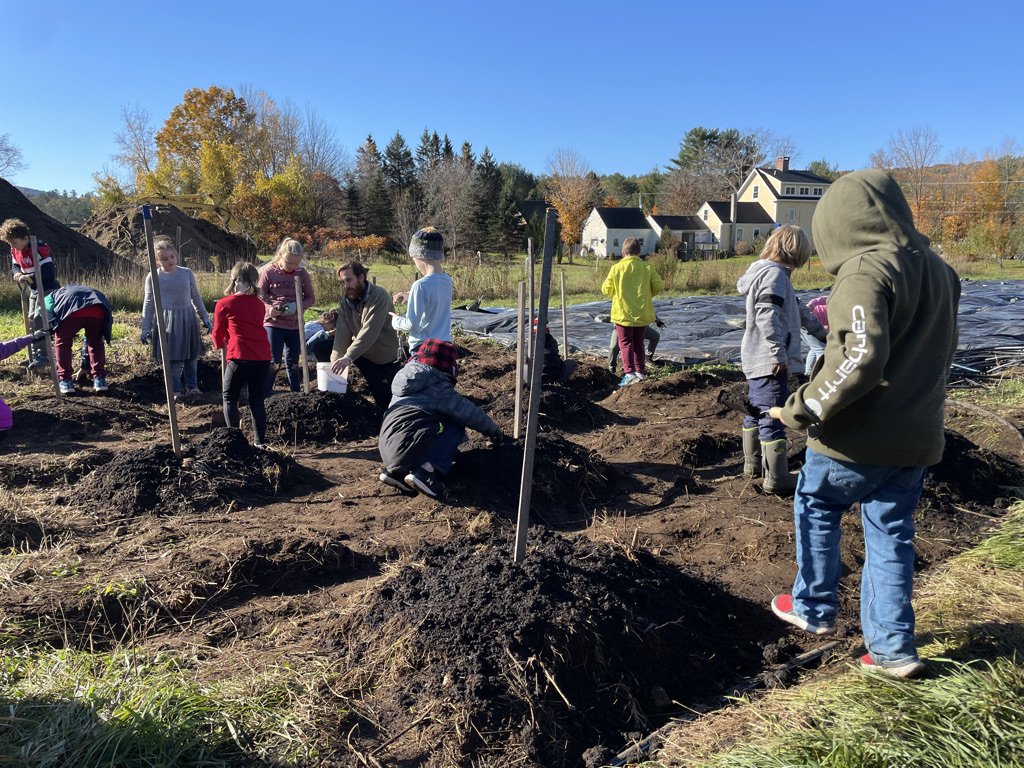
Abenaki Seeds Project: Nurturing a Community of Growers
At the Kearsarge Food Hub (KFH), we’re gearing up to support year three of the Abenaki Seeds Project in partnership with Abenaki Trails, Hopkinton Historical Society, Warner Public Market, and Colby-Sawyer College.

Kearsarge Area Victory Gardens: An update three years in
When the pandemic hit in 2020, Kearsarge Food Hub (KFH) joined forces with community partners to co-create FEED Kearsarge - a shared initiative designed to support the community through turbulent times and beyond through Food Education, Expansion and Distribution.

Reflections on KFH's Community Fair
July 4th weekend holds a special place in our hearts as it’s the anniversary of when we opened Sweet Beet Farm Stand back in 2015 - the genesis of all the Kearsarge Food Hub, home of Sweet Beet, would become.

Black History Month: Community Healing & Food Sovereignty
February is Black History Month, and we here at the Kearsarge Food Hub want to take a moment to explore some of the ways that the Black community has done incredible work toward community care, food sovereignty, and environmental stewardship.

Community Care through Food Security and Access!
This past summer the Kearsarge Food Hub put out some feelers in the community for a donation of a refrigerator. We wanted to experiment with having a community fridge on the porch here at the Sweet Beet, to stock with fresh local foods for neighbors to access any time.
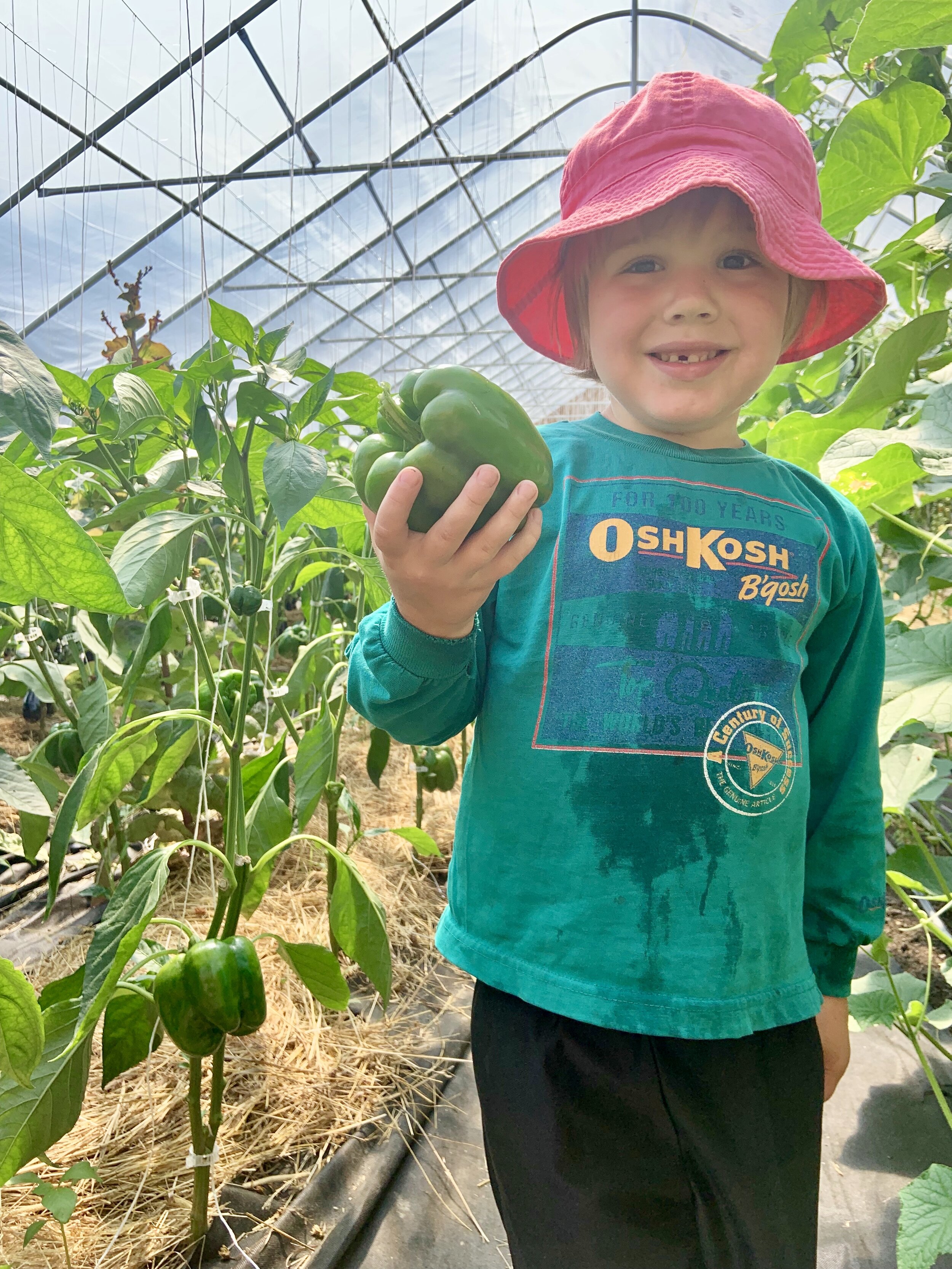
Kiddos & Connections in the Garden!
Whoa, we can’t believe it’s been six years since we started helping the Bradford First Graders with their Plants and Seeds science unit! They’ve been making the trek down to Sweet Beet Farm Stand every fall and spring to get their hands dirty and get inspired to eat, and maybe even grow their own, fresh veggies.

Community Garden Spotlight: A New Space at River Valley Community College
In 2020, a group of community organizations, including the Kearsarge Food Hub, came together to address food insecurity and mental health concerns in the Kearsarge region of New Hampshire exacerbated by the pandemic and co-created the FEED (Food Expansion, Education, Distribution) Kearsarge initiative.
